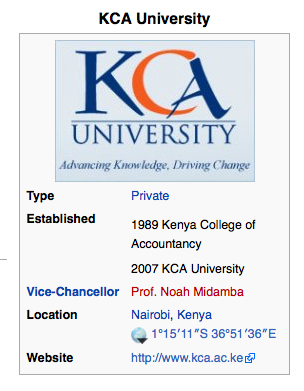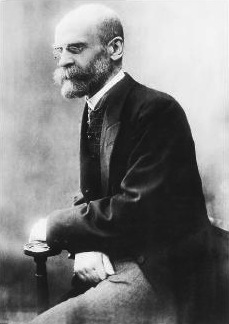Thus very far from there being the antagonism between the individual and society which is often claimed, moral individualism, the cult of the individual, is in fact the product of society itself. It is society that instituted it and made of man the god whose servant it is.
— Émile Durkheim
I created a new Wikipedia article for my son’s preschool, Concord Montessori School. Admittedly, not the most controversial subject, but I thought it would be interesting to see if this little community preschool was worthy of a place (however small) within “arguably the largest store of human knowledge in the history of mankind.” After all, Concord was home Thoreau, Emerson, Alcott, and (briefly) Harvard College during the American Revolution. That had to account for something, right? Well, no. A user who has made more than 8,000 contributions to Wikipedia and authored 28 articles rejected the page within 24 hours. The first rejection deemed my article submission “not adequately supported by reliable resources.”

I attempted to correct the issue with stronger sourcing. Again, however, the article was rejected, but this time due to a lack of “notability.”

Admittedly, I suspected at the outset this might occur and the editor who rejected the article helpfully pointed out that in general preschools rarely meet the standard of notability. A quick search of Wikipedia confirmed this was likely true and (for now) ended my quest to keep the article active. To a point made in class, I did appreciate that an explanation was provided, rather than a blanket rejection.
A few years ago, I did author a Wikipedia article that has lived on. The article is for a university in Africa, with which I had some interactions. It is gratifying to see they’ve maintained their (rightful) place in this vast community of knowledge.
That said having an article that persists was clearly not the primary objective of this exercise. The process definitely helped demonstrate the role and utility of online community management. I quickly moved past the rejection, to see the importance of a community that (voluntarily) upholds a set of best practices and standards, and avoids the tyranny of structurelessness. The utility of Wikipedia (its usefulness and reliable accuracy) would be diminished if any content (without citation or meeting a general consensus of notability) were included.
I find the voluntary self-assignment of task and governance roles to be particularly interesting. Around the time I created my last Wikipedia article, I also read Andrew Lih’s The Wikipedia Revolution: How a Bunch of Nobodies Created the World’s Greatest Encyclopedia and Tim O’Reilly’s What is Web 2.0. Lih credits The Cathedral and the Bazaar with directly influencing “online communities and future thinking about effective… crowdsourcing.” Regarding the transition from Nupedia to Wikipedia, Lih observes: “Raymond felt that [Linus] Torvalds’ letting go of top-down authority ultimately gave him the moral authority to do more things within the Linux project, with more people, without using a heavy hand.” Wikipedia integrates the concepts of The Cathedral and the Bazaar and What is Web 2.0 by challenging top-down authority, empowering individuals, and exploiting new social tools to harness untapped labor. But as new social tools emerge and existing tools evolve, it is interesting to step back and consider labor theories conceived prior to the digital age. Outside the digital headspace and apart from any one tool, the human element of organizing around a set of objectives comes into focus.

I did a bit of research (on Wikipedia!) and came across the work of French sociologist David Emile Durkheim. In 1893, Durkheim explored the idea of collective consciousness (or collective conscience) in his book The Division of Labor in Society. Durkheim sought to understand how society is created and what holds a society together. His theories provide an interesting sociological lens through which one might examine the functional success of online collaboration. Durkheim argued that advanced societies with complex divisions of labor (where people are allocated in society according to merit and rewarded accordingly) require moral as well as economic regulation to maintain order. The resulting specialization of work gives rise to interdependence, and eventually an organic solidarity. Durkheim’s theories bring to mind Raymond’s observation that Torvald developed “a way to create an efficient market in “egoboo” – to connect the selfishness of individual hackers as firmly as possible to difficult ends that can only be achieved by sustained cooperation….” It would seem Wikipedia also exhibits a degree of organic solidarity through the specialization of work (editors, experts, administrators, etc.), contributing to its success.
I do question whether Durkheim’s theories fully extend to a social structure in which the specialization may change at any time, for any individual. Nonetheless, engagement in open source initiatives would appear to derive at least some of its social adherence from a Durkheim division of labor. Wikipedia achieves this by enabling users to collectively work independently (to specialize); a strategy of collaborative individualism, rather than collaboration.
Wikipedia Account Name: Burnswiki2
 MEMORANDUM
MEMORANDUM